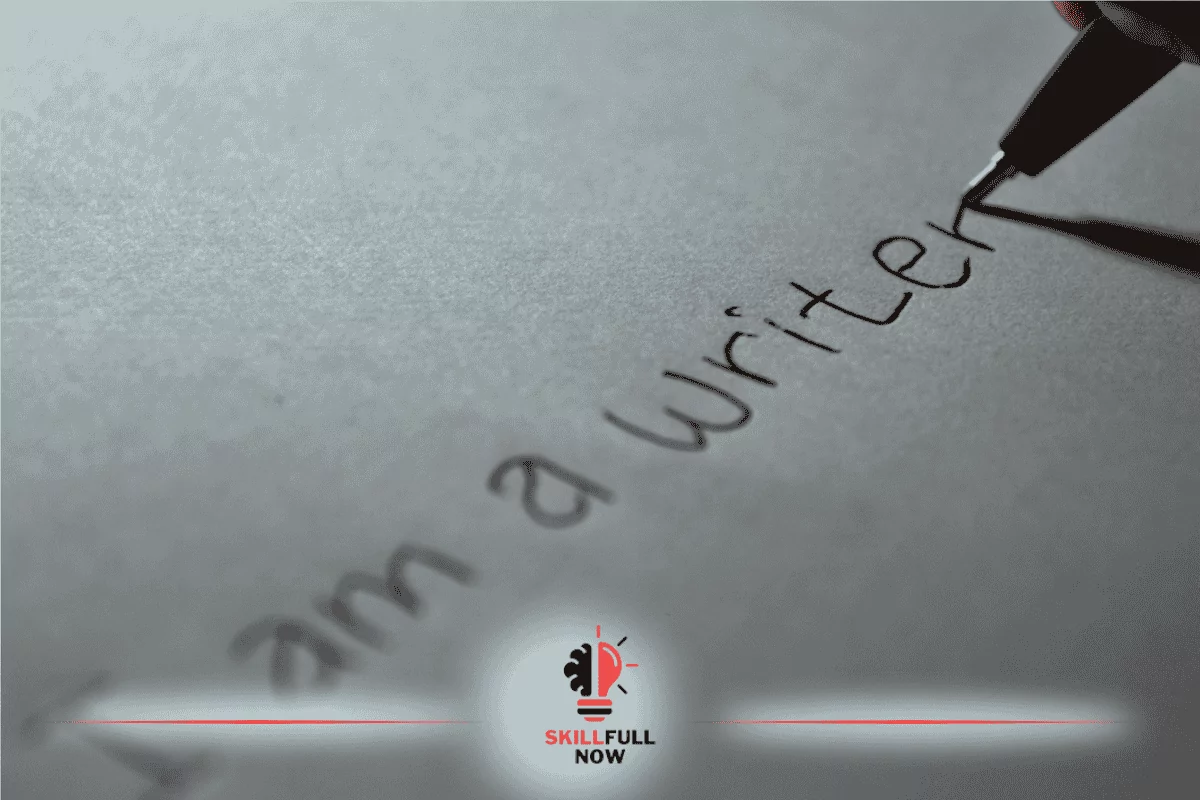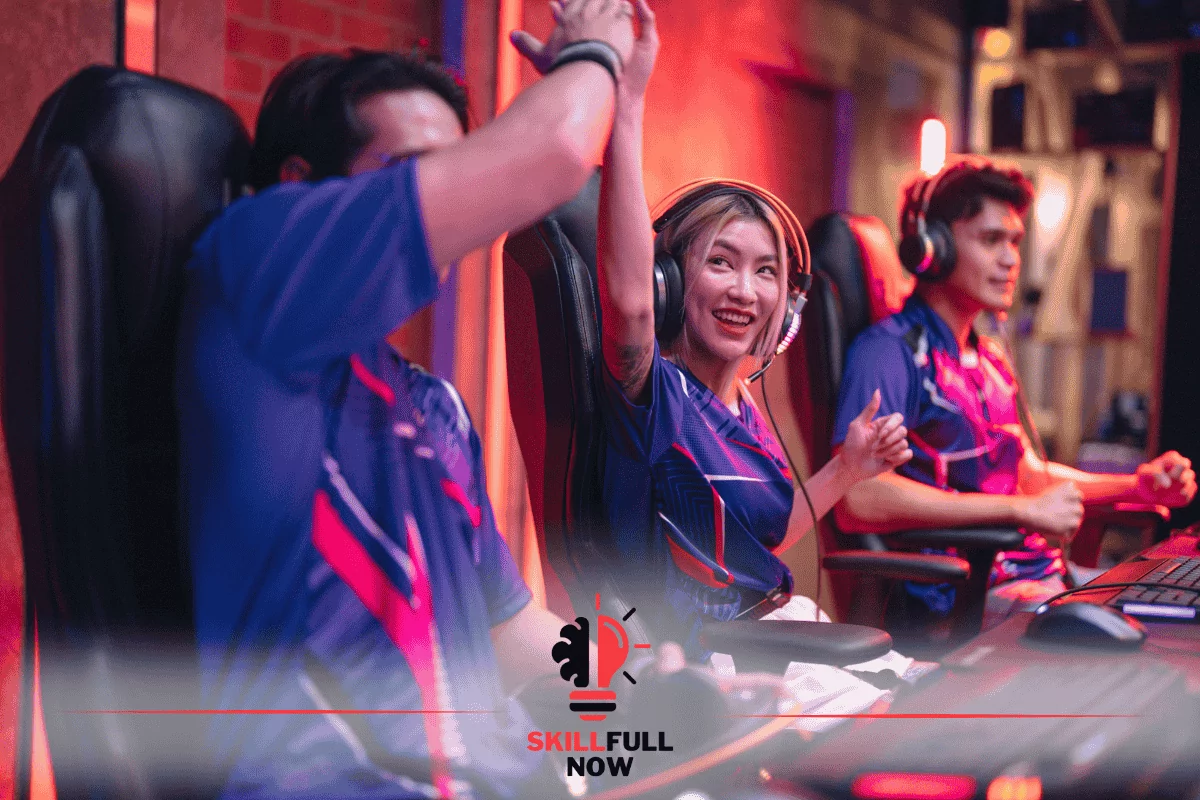Skill Writer 3 Marker Specifications: A Detailed Guide

For writers, artists, and professionals, choosing the right marker is essential. The Skill Writer 3 Marker is a high-quality tool designed for precision, durability, and comfort. This article explores the Skill Writer 3 Marker specifications, highlighting its features, benefits, and why it is a top choice in the market.
Key Features of Skill Writer 3 Marker
Understanding the key specifications helps in making an informed purchase. Let’s dive into the primary features of the Skill Writer 3 Marker.
1. Ergonomic Design for Comfortable Writing
The Skill Writer 3 Marker is built with a non-slip grip, ensuring long hours of fatigue-free writing. Whether you’re sketching, underlining, or taking notes, this design enhances control and precision.
2. Premium Ink Quality for Smooth Writing
A good marker should provide a seamless writing experience. The Skill Writer 3 Marker features high-quality, quick-drying ink that prevents smudging and ensures crisp lines.
3. Durable Tip for Longevity
One of the standout Skill Writer 3 Marker specifications is its durable fiber tip. This ensures consistent performance even with extensive use.
4. Versatile Application for Multiple Uses
This marker is ideal for professionals, students, and artists. Whether used for writing, drawing, or highlighting, its versatility makes it a must-have tool.
Why Choose Skill Writer 3 Marker?
There are several reasons why the Skill Writer 3 Marker outperforms other options in the market.
Smooth and Consistent Ink Flow
Thanks to its advanced ink technology, this marker provides an uninterrupted writing experience. The ink doesn’t dry out quickly, making it reliable for everyday tasks.
Fade-Resistant and Waterproof Ink
Markers should be long-lasting, and the Skill Writer 3 Marker ensures your work remains intact over time. Its waterproof ink is ideal for labeling, note-taking, and professional writing.
Eco-Friendly and Non-Toxic Composition
Another essential Skill Writer 3 Marker specification is its non-toxic, odor-free ink. It is safe for both kids and adults, making it a responsible choice for everyone.
Conclusion
The Skill Writer 3 Marker Specifications is an excellent choice for those who need a high-quality, durable, and versatile writing tool. With its ergonomic design, premium ink quality, and long-lasting tip, it stands out as a top-tier marker. Whether you’re an artist, student, or professional, this marker will enhance your writing experience
FAQs
1. How long does the Skill Writer 3 Marker last?
It depends on usage, but its long-lasting ink ensures extended performance compared to standard markers.
2. Is this marker available in different colors?
Yes, the Skill Writer 3 Marker comes in a variety of colors suitable for different purposes.
3. Can this marker be used on different surfaces?
Absolutely! It works well on paper, cardboard, and some plastic surfaces, making it a versatile tool.


Dia duit, theastaigh uaim do phraghas a fháil.